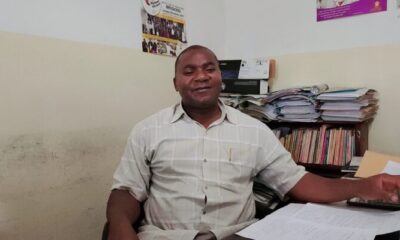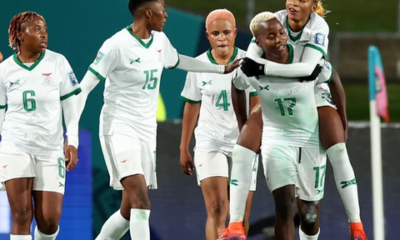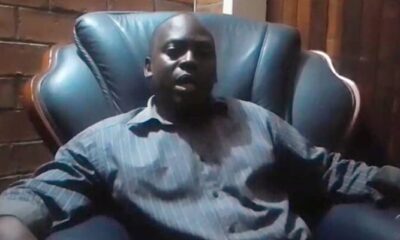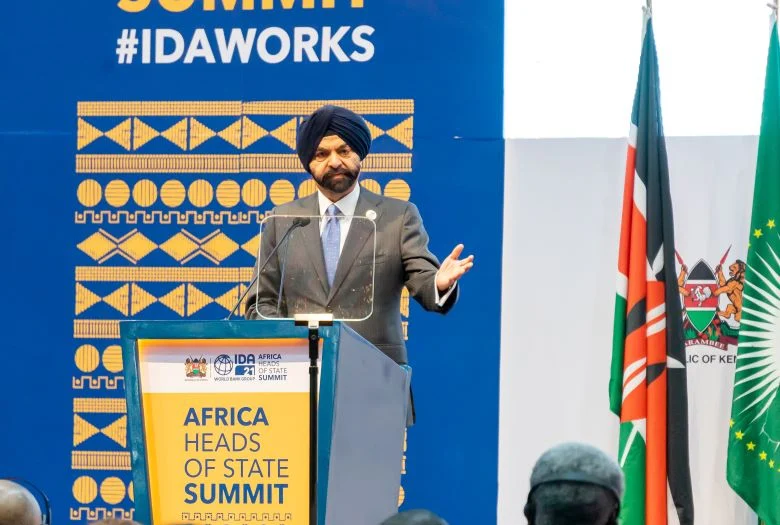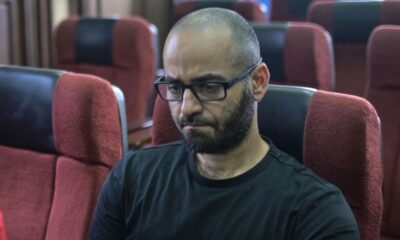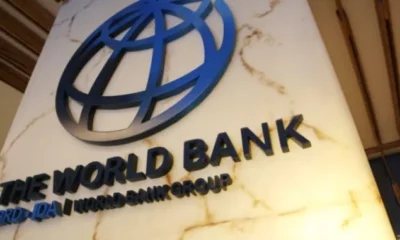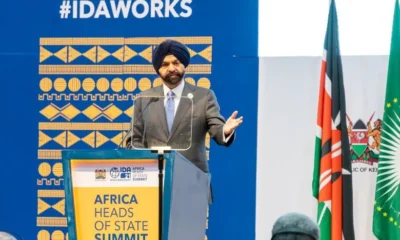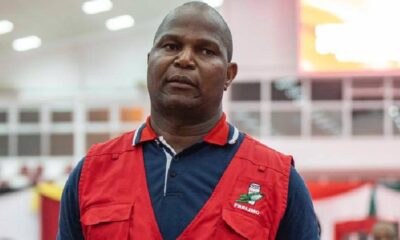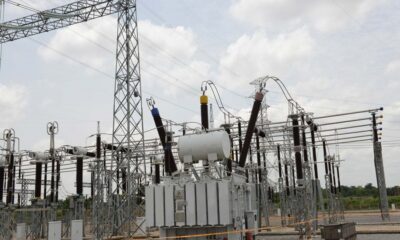The name of the organisation is as opaque as a name can get: World Bank’s International Development Association (IDA).
I had never heard of it. And suppose I, who follows socioeconomic developments that affect Africa, had never heard of it until last week when it convened in Nairobi. In that case, likely, only a handful of people outside those who serve its bureaucracy had ever heard of it.
Maybe IDA intends to remain shadowy like magicians, emerging occasionally to perform illusions that give hope to Africa’s impoverished masses that deliverance from poverty and despair is around the corner.
So, I had to research to find out who the new illusionist in town was. IDA was founded in 1960. Thirty-nine African countries, including Kenya, are members. Its mission is “to combat poverty by providing grants and low-interest loans to support programmes that foster economic growth, reduce inequalities, and enhance living standards for people in developing nations”.
It’s amazing how these kinds of organisations have developed a language that distorts reality. In George Orwell’s dystopian novel, Nineteen Eighty-Four, the totalitarian state of Oceania devises a new language. “Newspeak” limits the thoughts of citizens of Oceania so that they are incapable of questioning whatever the regime does.
Let’s juxtapose the reality in Africa against IDA’s mission. Africa has some of the poorest people in the world. It contributes a paltry two percent of international trade. It contributes less than one per cent of patents globally.
The continent has the largest wealth disparities in the world. Millions of people across Africa are food insecure, needing food aid. A study has indicated that Africa is among the most hostile regions in the world for women and girls, because of residual cultural attitudes and the failure of governments to implement gender equality policies.
Africa has the largest youth unemployment rate in the world. Africa’s political class is the wealthiest in the world. Africa remains unsustainably indebted. The people who live in Africa’s slums and unplanned urban sprawls have limited opportunities and are susceptible to violent crime and natural and manmade disasters.
As speeches in “Newspeak” were being made at the IDA conference, dozens of poor Kenyans were being killed by floods. These rains had been forecast, yet the government, not surprisingly, was caught flatfooted.
So in its 64-year existence, how has IDA reduced poverty and inequality in Africa? How has its work enhanced living standards when so many Africans are drowning in the Mediterranean Sea trying to escape grinding poverty and hopelessness?
As one watched the theatre of leaders of the poorest continent arriving at the IDA illusionists’ conference in multimillion-dollar vehicles, wearing designer suits and wristwatches, with men in dark suits and glasses acting a pantomime of intimidation, and then listened to their “Newspeak,” one felt like weeping for the continent. The illusionists had performed their sleight of hand.
Tee Ngugi is a Nairobi-based political commentator
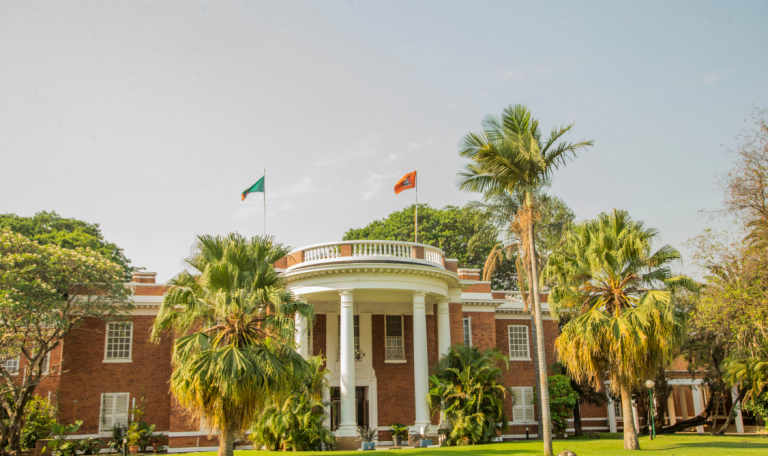

 Sports1 day ago
Sports1 day ago
 Metro16 hours ago
Metro16 hours ago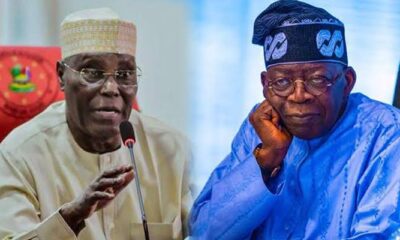
 Metro2 days ago
Metro2 days ago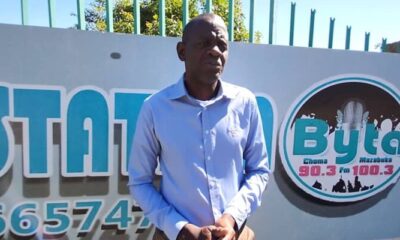
 Metro1 day ago
Metro1 day ago



